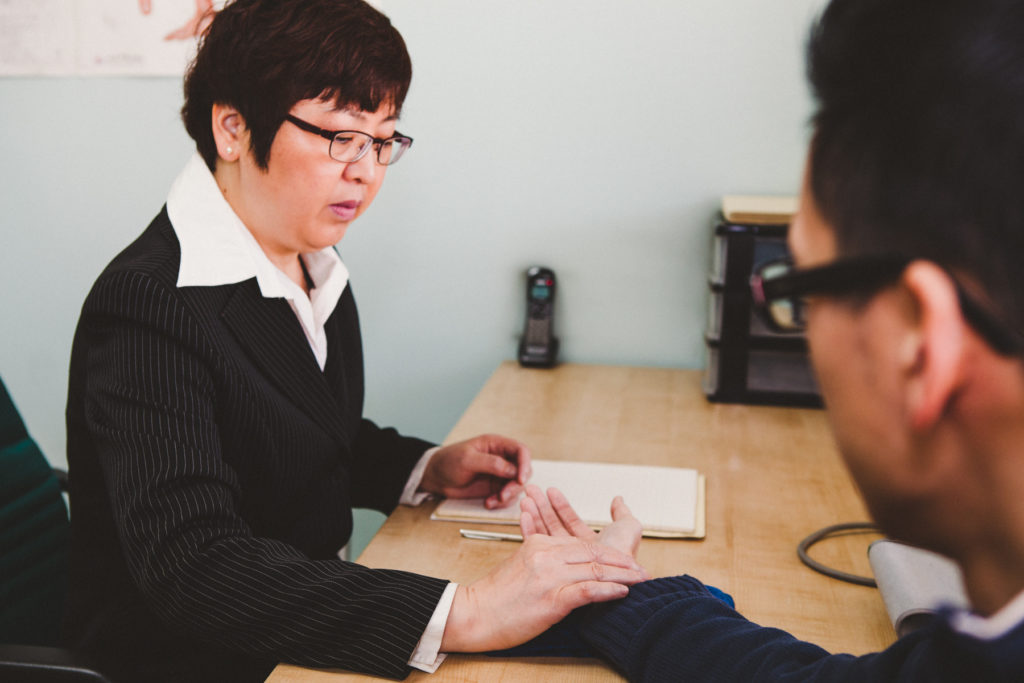As the culmination of the experience and expertise of the Chinese people in their long struggle against disease, the philosophies and healing concepts present in TCM differ vastly from those found in Western medicine. While Western medicine often focuses on the treatment of individual symptoms, TCM prefers to engage the underlying illness as a whole and employs a more holistic approach. Frequently, patients consult Traditional Chinese Medicine after having exhausted numerous Western medicine options. With an emphasis on the human body as an organic entity that is firmly rooted in nature, TCM views the body as a small universe with a delicate balance of forces.
Within TCM, diagnosis and treatment are mainly based on the concept of Yin-Yang and the Five Elements Theory. Treatment is not only prescribed based on the patient’s physical symptoms, but also on the overall illness being treated as well as the individual’s health and suitability as a whole. Therefore, individuals with the same illness may be treated in different ways while certain individuals with differing illnesses may be treated in similar ways. Common TCM therapies include: Chinese herbal medicine, acupuncture, Tui-Na massage, and various exercises (eg. Taichi, Qigong, etc).

